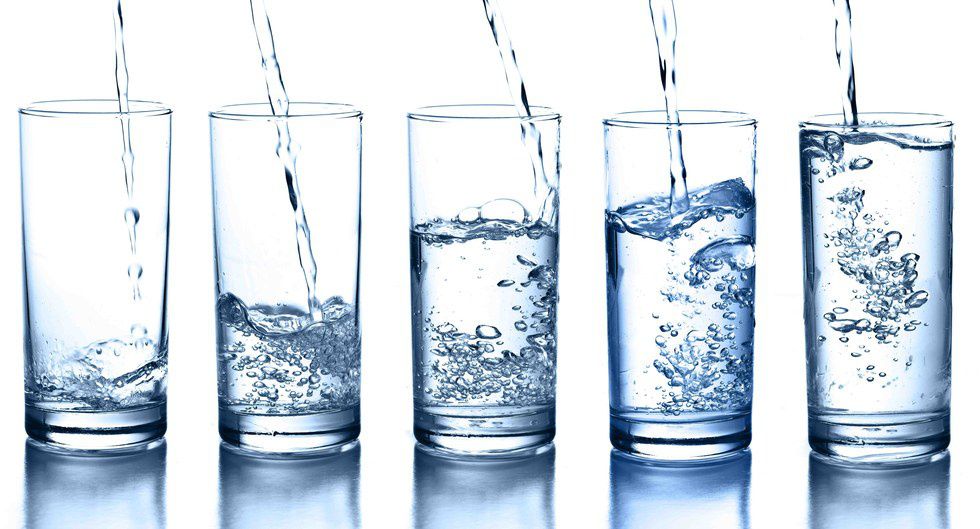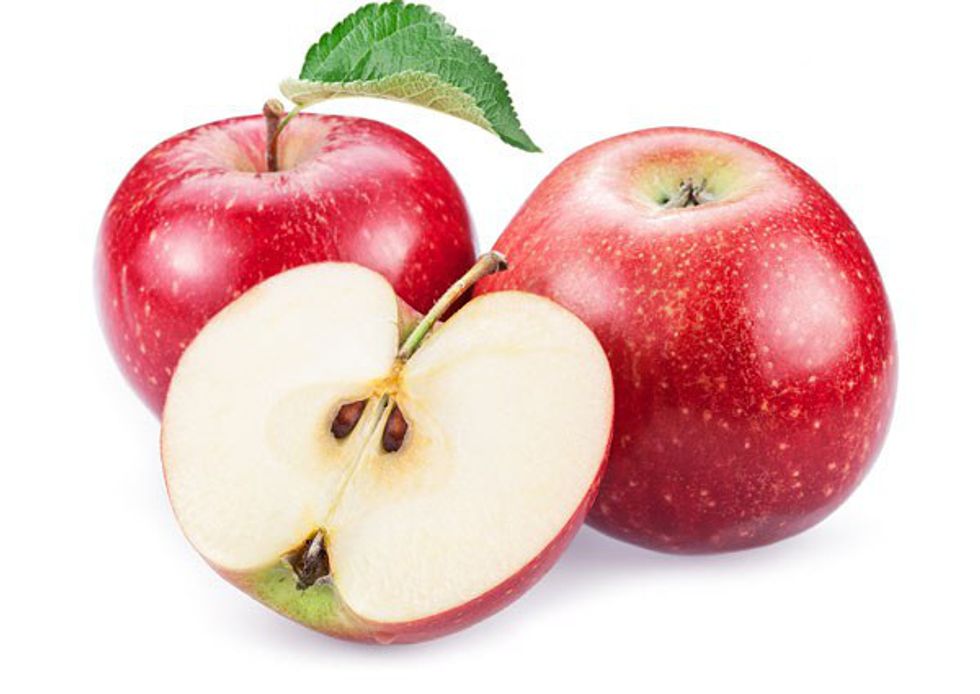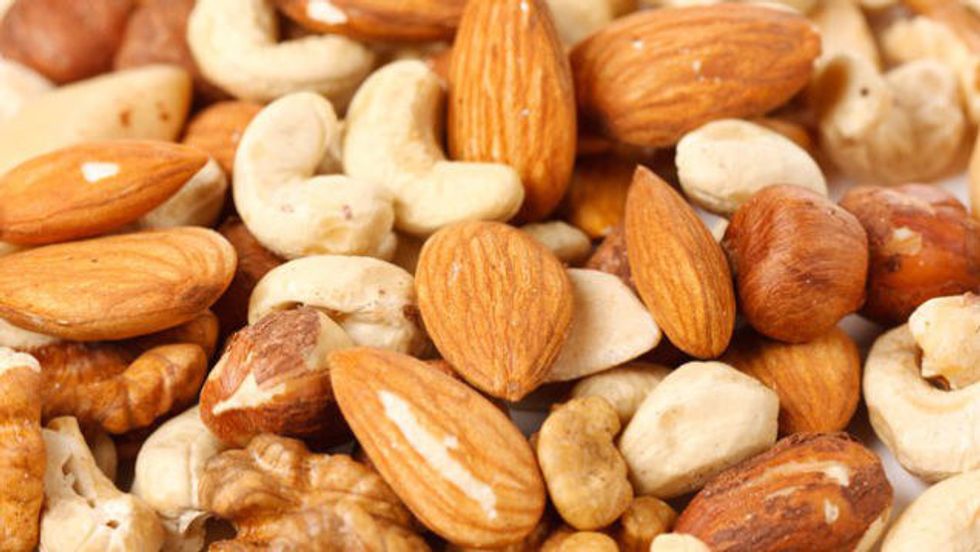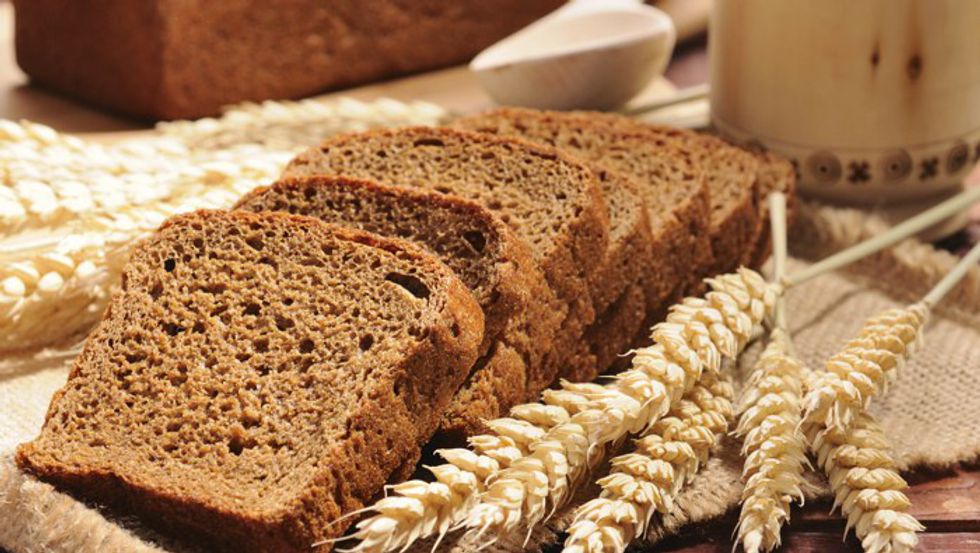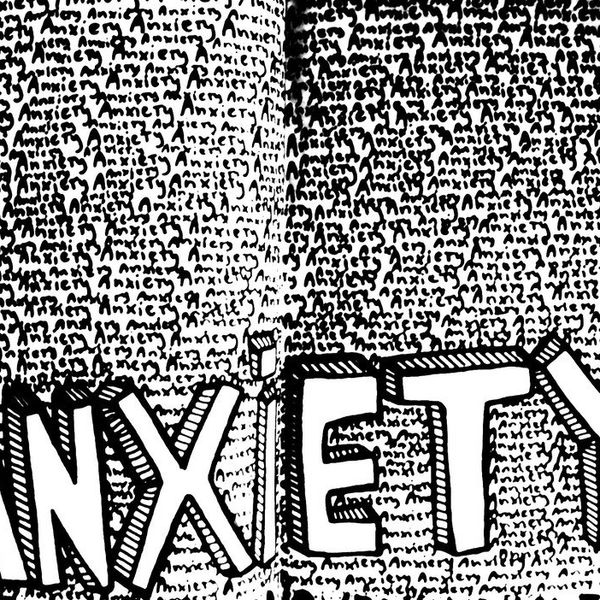In a bustling society where we juggle between work and school, we need lots of energy to get us through the day. Many of us consume caffeine to maintain that energy, and coffee and tea are often the most popular sources. I admit that I’ve been a caffeine addict since I started college; there’s honestly no faster way to spike our energy levels than caffeine. But tempting as it is, too much caffeine or even a daily dosage of it causes rapid heart palpitations, headaches, and nervousness. If you’ve experienced these negative effects, here are eight healthy ways you sustain your energy:
1. Drink water—lots of it.
One bottle isn’t enough. I’ve learned in my nutrition class that we need to drink at least eight cups of water a day, as it makes up a large portion of our body system. Staying hydrated will maintain your energy and activeness throughout the day. Water also nourishes your mind and regulates your metabolism, keeping you from eating heavy meals that wear you down. Believe it or not, coffee doesn’t necessarily hydrate your body, so water is your best bet. Drink water with ice if you want to stay awake.
2. Apples
Yes, an apple a day really does “keep the doctor away”—and apparently keeps us up too. Apples contain natural sugars to boost our energy, so if you need a “sugar rush” this is your best choice. The natural sugars in an apple contain the right amount of sweetness to pump up our insulin and blood sugar, no additive or artificial flavorings. Our bodies won’t crash from apples as opposed to, say, a Frappuccino. They also provide a good source of fiber (particularly from the apple’s skin) and carbohydrates. An apple is arguably the most nutritious fruit you can find, so dodge that $4 latte and eat this instead.
3. Exercise
Sitting or standing the whole day actually drains your energy since your body is constricted from doing any activity. Move, move, move! Exercise, whether through cardio or resistance, circulates our blood and pumps up our heart, making us feel motivated to finish tasks we need to do. On the other hand, over-exercising in a short amount of time causes soreness, so it’s best to exercise little by little. If you’re tired of sitting down for hours, stand up and stretch for a few minutes or take a light jog.
4. Nuts
Not only do nuts help you stay alert, but are also great for storing your memory. According to WebMD, nuts, particularly almonds and cashews, contain protein and magnesium our body needs to fuel energy. Try not to consume the salted nuts since they remove some of their nutrients. I eat almonds whenever I take an exam, and I admit that I’ve retained more concepts than when I drank coffee or ate an energy bar. Nuts make a delightful, filling snack, but make sure to eat them in small portions since they have a high-fat content. Pair nuts with apple slices and you have full energy!
5. Herbal Tea
If your blood pressure is skyrocketing from coffee or black tea, switch to herbal tea. Herbal teas usually don’t have caffeine that could make us irritable or nervous. Instead of increasing our anxiety or stress level, herbal teas soothe our minds, helping us relax and concentrate while we work. Like apples, the health benefits of herbal teas are outstanding; they are also rich in antioxidants and Vitamin C. Popular types of herbal tea include ginseng, chamomile, ginger, and peppermint tea.
6. Whole Grains
Alter a sugary granola bar with whole grains, which are more substantial. Whole grain foods, such as oatmeal, brown rice, and wheat bread, provide a high amount of Vitamin B, an essential nutrient for sustaining energy. I’ve learned that whole grains also keep you fuller longer, and a few hours, you’d less likely eat a rich, satisfying meal that keeps you alert. Avoid enriched breads with refined starches and sugars, as they may contribute to the “sugar crash” you might experience from highly sweetened energy drinks and sodas. Whole grains also contain complex carbohydrates (the “good carbs”) and fiber—a nutritious caffeine alternative indeed.
7. Leafy Vegetables
The next time your mom tells you to eat your greens, do it. Spinach, romaine lettuce, kale, and other leafy vegetables increase your iron level, producing more blood to regulate your circulatory system. Your blood flow is obviously essential for your body’s activity, and leafy greens could help you maintain your fuel. If you suffer iron-deficiency or low blood pressure like myself, greens may be the most beneficial energy source for you. Popeye is doing the right thing!
8. Adequate Sleep
Yes, you need to lots of rest for energy! With our busy schedules, we’re likely to underestimate getting enough sleep. Sure, coffee increases your energy more quickly, but adequate sleep helps you stay focused, nourished, and relaxed throughout the day. During a stressful day in my junior year, I slept for only two hours, drank coffee, and immediately crashed onto my bed when I got home. Avoid that as much as possible—please. Those eight or so hours are precious!
This is not to say you should eliminate caffeine altogether, but be aware that it does cause negative effects to your body in the long run, so choose these alternatives while you can!




